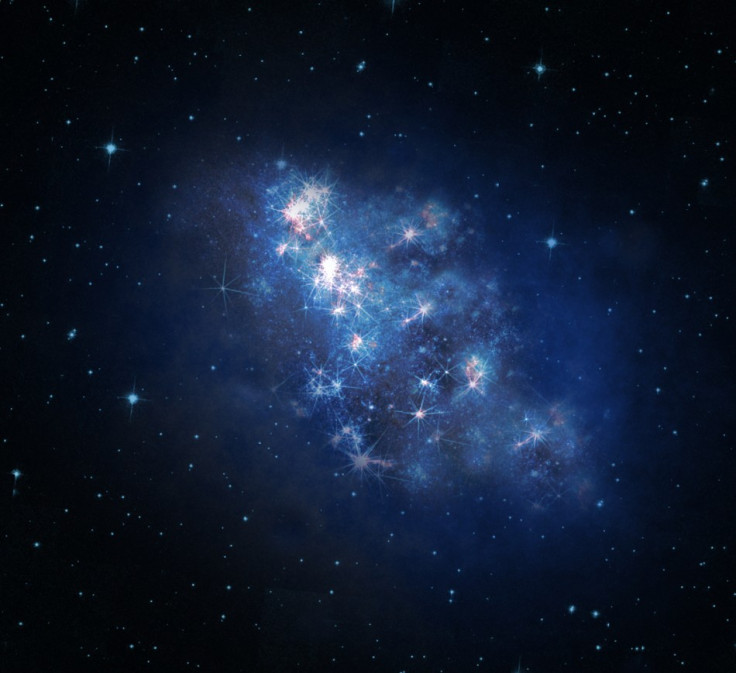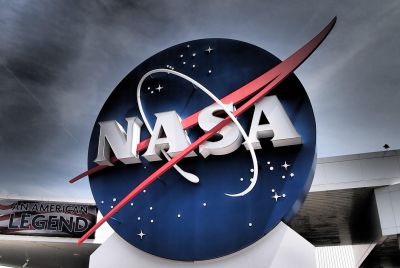Primordial Gravitational Waves: Have Harvard Smithsonian Scientists Recorded Echoes of Big Bang?

Scientists believe they have recorded echoes from the Big Bang, known as "primordial gravitational waves".
Researchers at Harvard Smithsonian University Centre for Astrophysics (Cfa) believe they have picked up ripples left over from the Big Bang for the first time, the Telegraph reports.
Astrophysicists have been searching for these waves since they were first predicted by Albert Einstein almost 100 years ago.
The waves are tiny vibrations that spread out through space following the huge explosion at the start of the universe. These primordial gravitational waves were sent out into space a trillionth of a second after the Big Bang.
If their findings are correct, this would provide strong evidence to support the idea that the universe is expanding faster than the speed of light.
It could also mean scientists would be able to work out exactly how big the universe is.
Following the Cfa's plan to announce its "major discovery" later today, the Guardian suggested it could be the discovery of primordial gravitational waves. "Rumours have been rife in the physics community about an announcement due on Monday from the Harvard-Smithsonian Centre for Astrophysics," the report said.
"If there is evidence for gravitational waves, it would be a landmark discovery that would change the face of cosmology and particle physics."
"It would tell us what was happening right at the beginning of the universe, how the Big Bang happened and how energetic the Big Bang was."
Astrophysicist Joanna Dunkely
If this is the "major discovery", Joanna Dunkely, an astrophysics lecturer at Oxford University, said it would be "absolutely huge". She told the Telegraph: "There is this rumour today that we will see this discovery of ripples in space-time and we think they were put in at the Big Bang itself.
"If true this would give us the most direct view possible of the Big Bang. These gravitational waves are space itself shrinking and stretching. They were put in, we think, by this model called 'inflation' where we think space expanded faster than the speed of light during the first trillionth of a second of the universe.
"It would tell us what was happening right at the beginning of the universe, how the Big Bang happened and how energetic the Big Bang was."
The announcement is due to be made at 4pm today. It will involve the results of the Bicep experiment, which measures the polarisation of the cosmic microwave background, a signal believed to have been discovered with the Bicep telescope in the South Pole.
"The results are coming from a telescope at the South Pole, and what it does is measure light that has been travelling for almost 14 billion years since the Big Bang so it's kind of a snapshot of the universe as early as we can possibly see it," Dunkley told Radio 4's Today programme.
"These Big Bang ripples leave a very faint but also very distinctive pattern in that light that's come from the Big Bang. We've wondered if we will ever get to see this, so the idea that we might actually see it today is incredibly exciting."
© Copyright IBTimes 2025. All rights reserved.






















